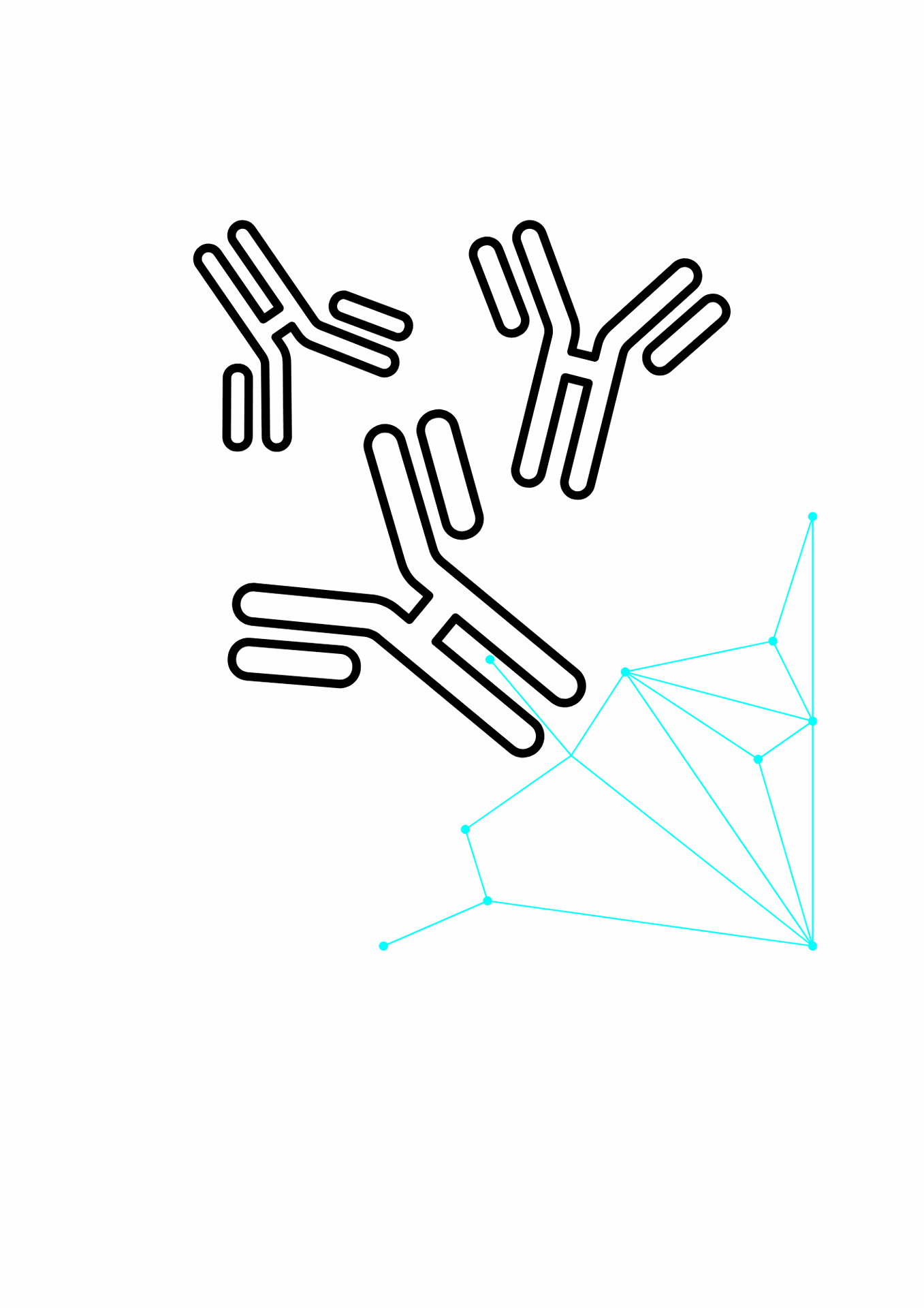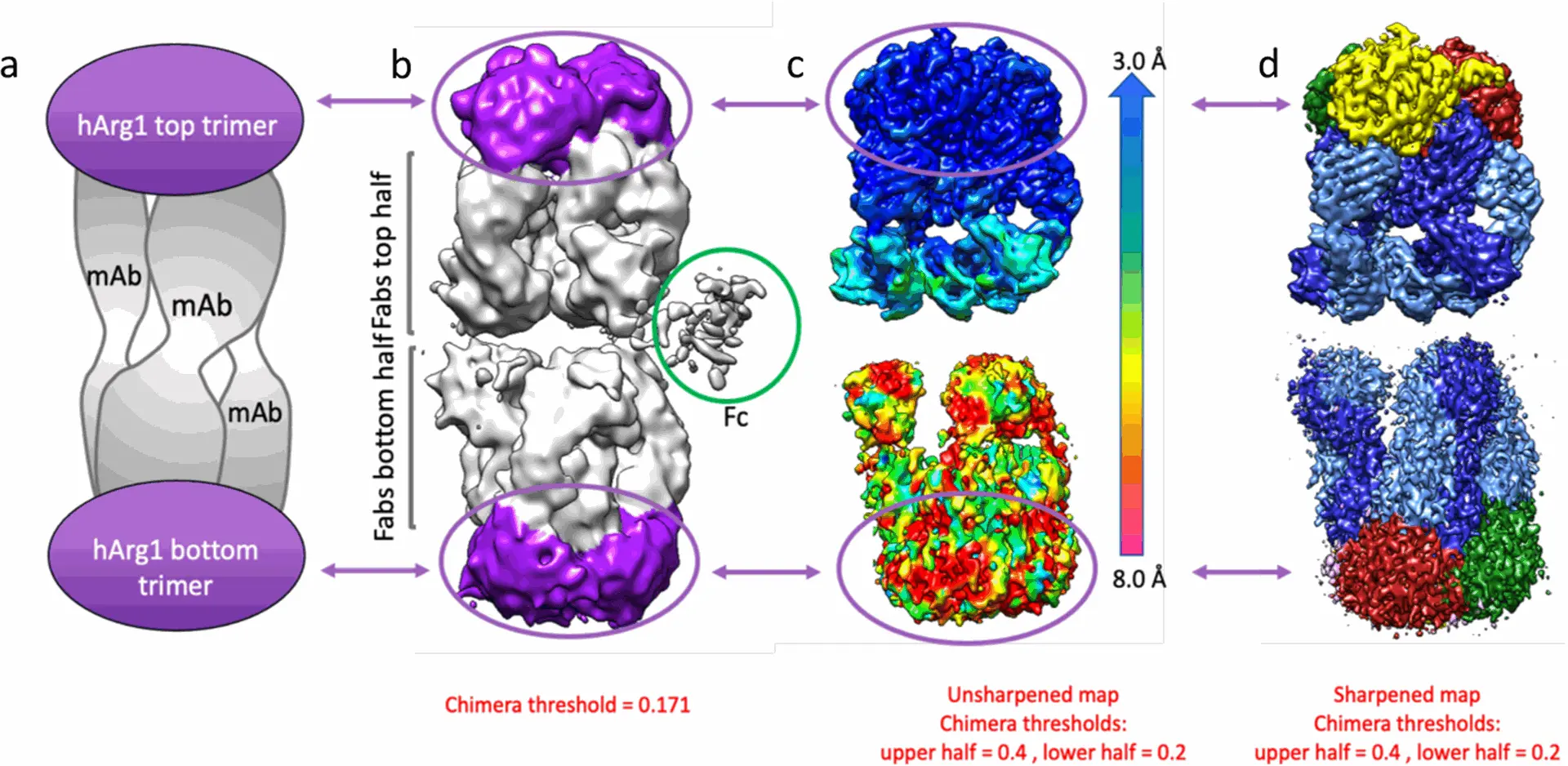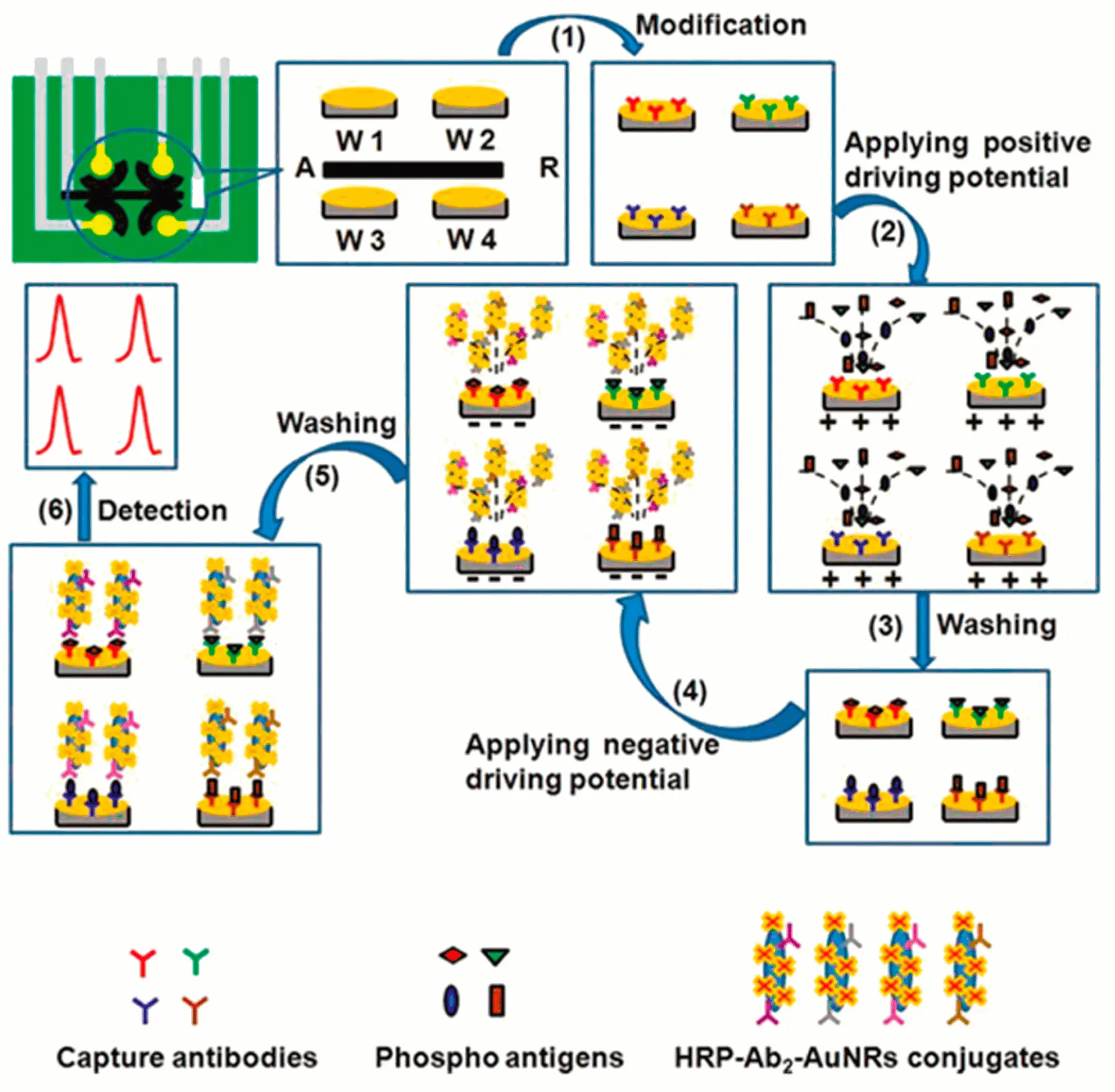Digital innovation is transforming antibody analysis into a faster, smarter, and more precise science empowering better health decisions worldwide
Digital transformation is reshaping antibody testing from manual, time-consuming procedures into streamlined, intelligent systems. Innovations such as multiplex immunoassays, cloud-connected biosensors, and AI-powered data interpretation are enhancing sensitivity while reducing turnaround time.

These technologies not only detect multiple antibodies simultaneously but also provide comprehensive immune profiles with minimal sample input. In research, clinical, and diagnostic settings, digital platforms facilitate longitudinal immune monitoring, early outbreak detection, and precision vaccination strategies. The convergence of immunology and digital infrastructure marks a new era where antibody data becomes faster to obtain, easier to interpret, and more impactful in driving timely and informed decisions across healthcare and biosecurity sectors.








